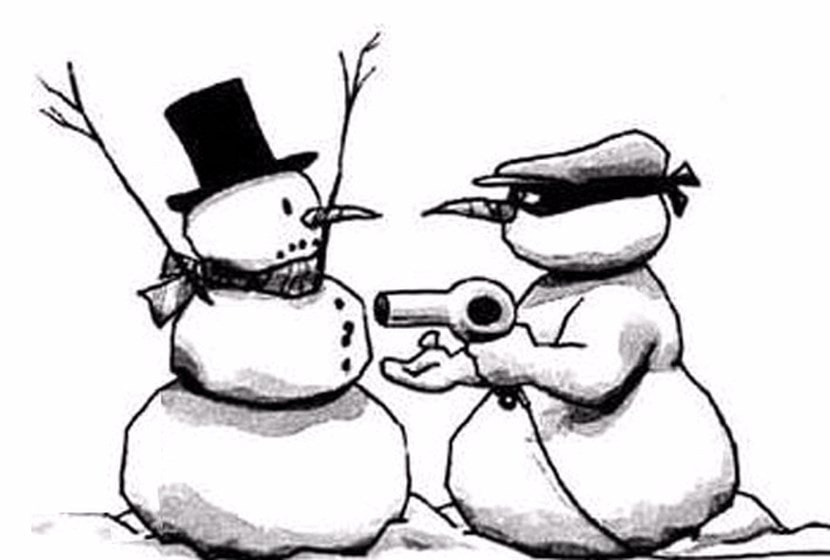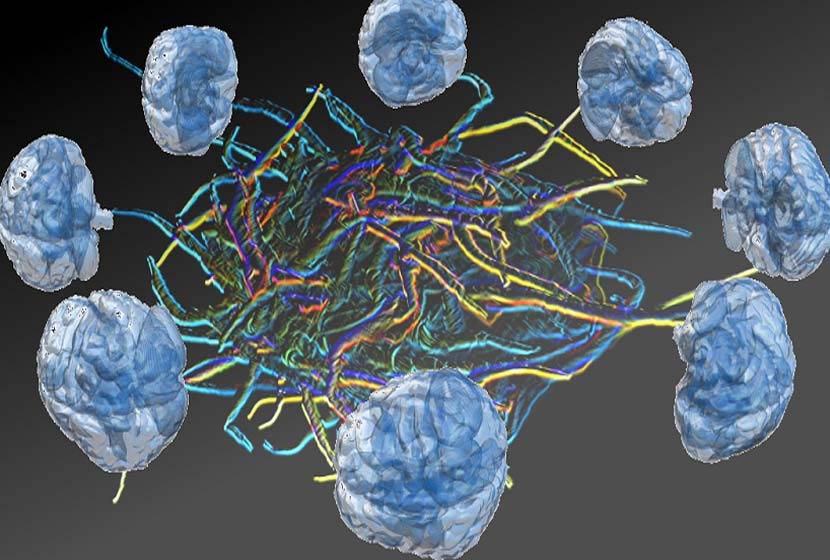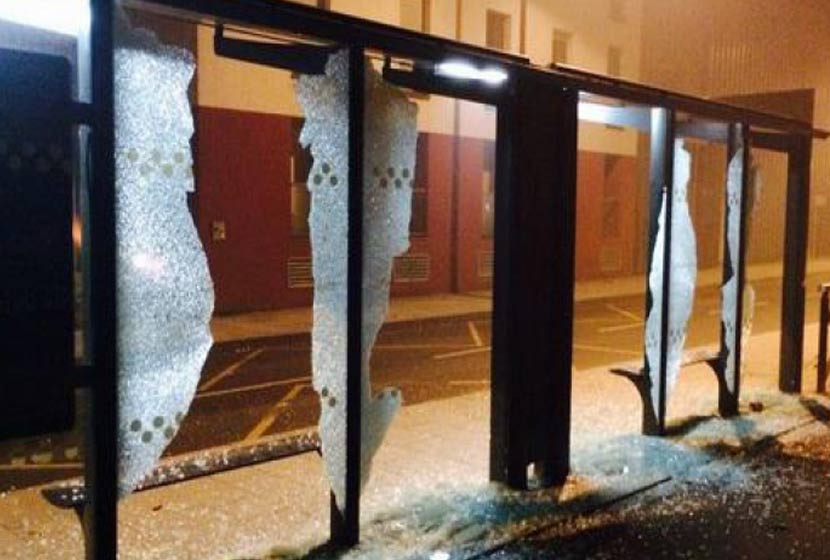In The Culture Crisis (1)Hannah Arendt had argued that the continuity of a civilization can only be ensured if there is an authority that leads newcomers to accept, as an absolute value, pre-established rules. This authority should be based neither on violence nor on persuasion, but only on the acceptance of an absolute reference.
Traditionally, in the family, authority is the power of the father, because he is a father. In today's society, nothing has become stranger than this idea because the only accepted basis is the democratic basis, that is, equality, contractual reciprocity and the rejection of the authority argument. In many social institutions-such as the corporation, among others-it is the democratic argument that predominates. This argument also takes hold in the private sphere, with far-reaching consequences.
● The case of the family is significant. Indeed, the application of the democratic principle has the consequence of deinstitutionalizing the family and making it a place of exchange between individuals who are certainly in solidarity, but equal. The exchange, the contractual relationship takes precedence over the relationship of authority. This change has a direct impact on the notion of temporality within the family, since the family is no longer based on a temporal passage from generation to generation, but on a system of immediate and individual relationships. (2) . In this new framework, - which is completely different from that of hyper-informational and economic networks - it is accepted that parents have as much to learn from their children as the children of their parents; there is equality in the democratic sense of the term since we are in a contractual relationship.
● Consequently, when one finds oneself in a relational system based on exchange and negotiation, the idea of transmission - and especially of education - is altered, even suspect. In the name of what right could parents (but the question is also valid for teachers) impose certain rules and choices since the child is the legitimate holder of rights? The immutable time - out of time, which resists its wear and tear - of the institution family, as of the institution school, is thus diluted in the immediate time of the present world*. Zaki Laïdi explains that "the transmission becomes a kind of knowledge exchange where an offer from parents or the school is subject to a demand (3). "We thus observe an instrumental desacralization of the transmission... (4)It is considered as a simple communication operation, a sum of signs and contents more or less bequeathed, whereas it is traditionally based on a symbolic and fictional montage repeated through the generations.
● As in the hyper-informational society, this is about saving detours and unnecessary intermediaries. The transmission is reduced only to that of concrete knowledge, characterized by its rapid obsolescence. The outcome of such a logic is clear: it is the reduction of education to a storage of knowledge, from which one can draw according to one's tastes and needs; knowledge that can be put to immediate use, or even to self-learning practices, definitively freed from all mediation.
(1) Hannah ARENDT, La crise de la culture, Gallimard, 1989.
(2) See Irène THERY, Familles et transmission aujourd'hui, in Villa Gillet n° 10, November 1999, Circe ed.
(3) Zaki Laïdi, The Rite of the Present, Flammarion, 2000.
(4) Cf: Pierre Legendre, L'inestimable objet de la transmission, Fayard, 1985.












